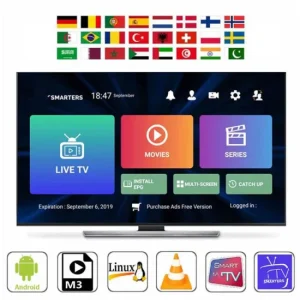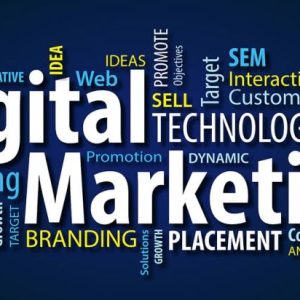Online marketing has become an indispensable tool for businesses looking to grow and reach their target audiences. As more and more consumers turn to the internet to research products and services, it has become essential for businesses to have a strong online presence. In this blog post, we will explore how online marketing can help you grow your business in the digital age.
What is Online Marketing?
Online marketing, also known as internet marketing, is the practice of promoting and selling products or services through digital channels such as websites, social media, email, and search engines. It includes a wide range of strategies and tactics, from search engine optimization (SEO) and pay-per-click (PPC) advertising to content marketing and social media marketing.
Why is Online Marketing Important?
Online marketing offers a number of benefits for businesses looking to grow and reach their target audiences. Some of the key reasons why online marketing is important include:
- Increased visibility: Online marketing can help businesses reach a wider audience and increase their visibility in a crowded marketplace.
- Targeted advertising: With online marketing, businesses can target specific audiences based on factors such as age, gender, location, interests, and behavior.
- Cost-effective: Compared to traditional marketing methods such as print or television advertising, online marketing can be more cost-effective, allowing businesses to reach more people for less money.
- Measurable results: Online marketing allows businesses to track and measure the effectiveness of their marketing efforts, making it easier to adjust strategies and tactics based on performance data.
Effective Online Marketing Strategies
There are a number of effective online marketing strategies that businesses can use to grow their audience and increase their sales. Some of the most popular online marketing strategies include:
- Search engine optimization (SEO): This involves improving a website’s visibility and ranking in organic search engine results.
- Pay-per-click (PPC) advertising: This involves paying for advertising space on search engines or social media platforms, with the advertiser only paying when a user clicks on their ad.
- Social media marketing: This involves using social media platforms such as Facebook, Twitter, and Instagram to reach and engage with target audiences.
- Content marketing: This involves creating and sharing valuable and relevant content, such as blog posts, videos, and infographics, to attract and engage target audiences.
- Email marketing: This involves sending targeted emails to subscribers, with the goal of building relationships and driving traffic and sales.
Challenges and Opportunities
While online marketing offers a number of benefits, it also poses some challenges and ethical concerns. One of the biggest challenges is the amount of competition and noise in the digital space, making it difficult for businesses to stand out and get noticed. Another challenge is the need to balance automation and personalization, as customers increasingly expect personalized experiences even as automation technologies become more prevalent. However, these challenges can also be seen as opportunities for businesses to differentiate themselves and build more genuine relationships with customers.





